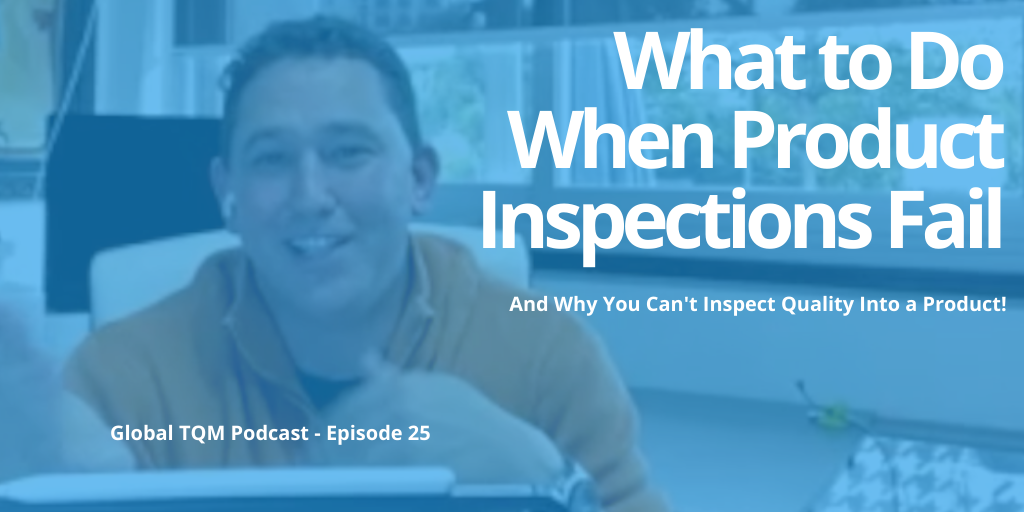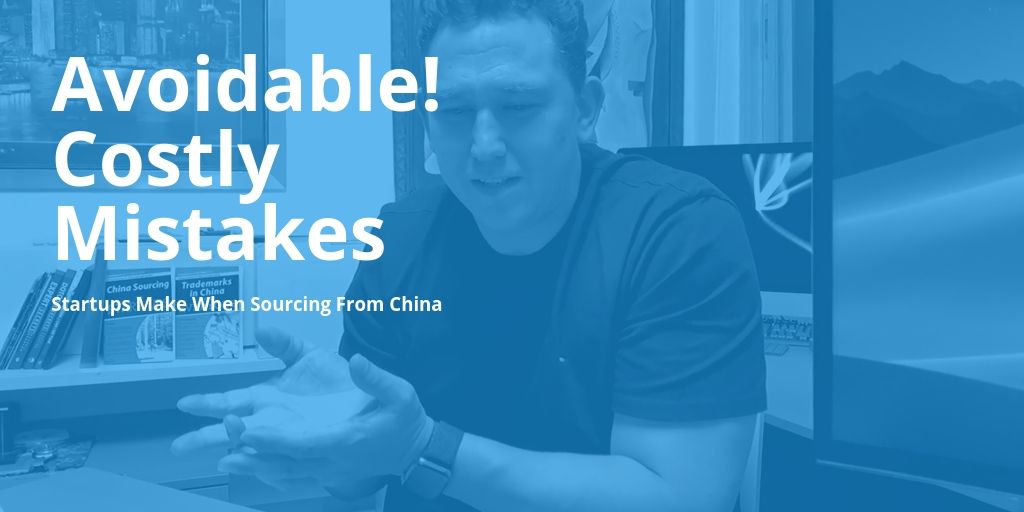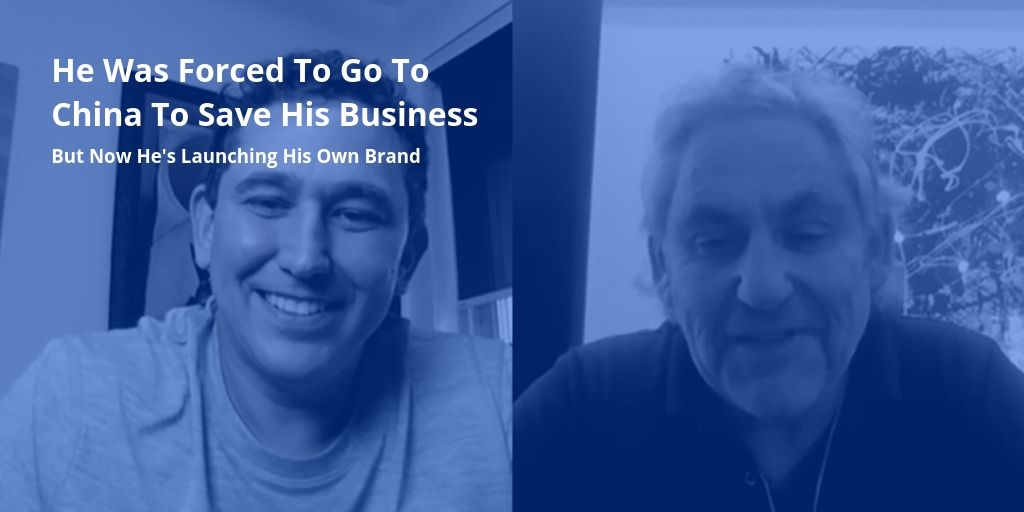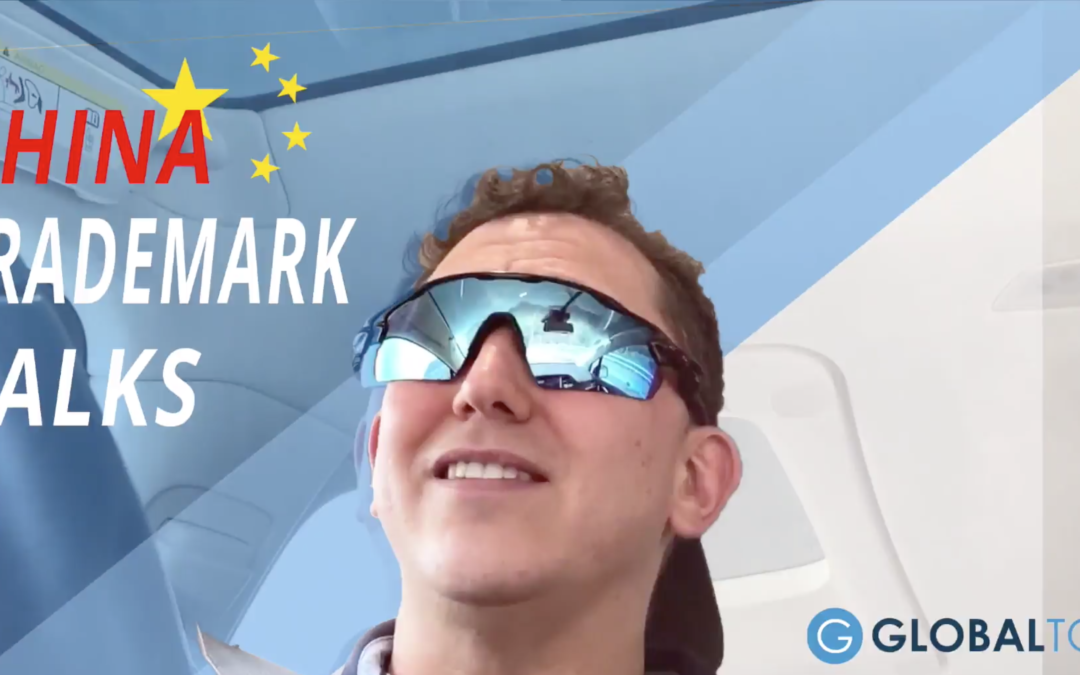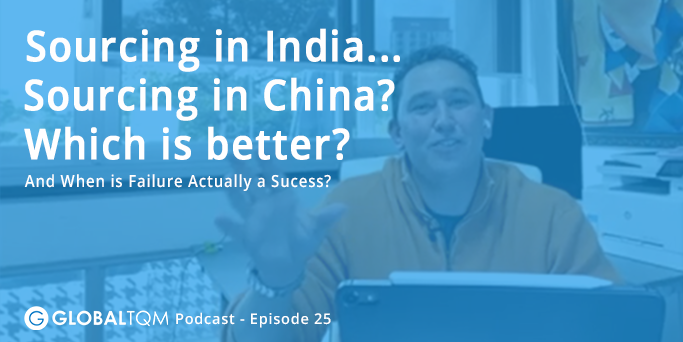
Sourcing in India… Sourcing in China? Which is better?
In this week’s episode, I share some valuable insights and pointers that could really help you – especially if you are considering sourcing your product outside of China.
Listen to this real story where we discuss…
- The “cost” of the product is not the most important thing.
- Failures are sometimes the best thing that could happen… initially.
- You don’t know what you don’t know.
- The Golden Rule is clear communication and knowing who you are dealing with.
If you’re short on time, you can read the whole transcript here.
Want to know how we can help? Schedule your FREE Call! here.
Transcript:
David 0:00
Hey guys, welcome to this week’s podcast I’m really excited about today. As most of you know, the last couple of weeks, we’ve been doing a lot of replays of interviews of people interviewing me. So you haven’t had much time of me presenting your story. So today’s gonna be a great day, because I’m starting to come back to what the reason I originally started this podcast. And that’s really to share real life experiences and stories with you that happened to us all the time here in China, when we’re sourcing products, and, you know, talk you through the event, what happened, you know, and give you the background story, and then really kind of discuss what we draw what we learned and what we could have done to prevent it. And something I’m really excited about today is we’ve got Kevin joining us, Kevin’s my new co host on the show, which I’m really happy about say Hi, Kevin.
Kevin 0:50
Hey, how you doing, David? As you can tell, we’re both from the same country. Our accents are interchangeable.
David 0:56
Absolutely.
So I mean, Kevin I’m so glad you are joining the show. It’s going to be great. I think having Kevin co hosting is going to be hopefully a way of Kevin asking questions and extracting the most information out of me. But I do realize sometimes I ramble on with things. And maybe there’s some pending questions that haven’t been clear about. So really excited about this.
Kevin 1:20
Well, I’m looking forward to it as well. And just an opportunity for, you know, the the adage that says two heads are better than one. So hopefully, between the two of us, we may have a complete whole. That’s the idea.
David 1:34
So Kevin, today’s show actually is quite interesting. It’s about failing in India. And what to do. This is a real story about a client I had. I don’t know if I really say failing in India, as much as I’d say. The real question came up was he started in India, because he wants to source product in India thinking it’s cheaper than China. And it’s really an interesting story, and I thought it’d be a great one to share.
Kevin 1:59
It’s is an interesting topic. And I think the whole idea behind, you know, you, historically, I mean, China has been the big player, you know, when you wanted to, you know, have something sourced off offshore type thing and products created, but your other countries have kind of stepped in the breach a little bit. And and India is another one that’s kind of coming on the world stage. And so I’m really interested to hear the differences between you know, your experiences in those two countries.
David 2:26
Yeah. So and, and I think you’re right, you know, especially with the trade war, terrorists, more and more people are asking the question, should I be sourcing outside of China? And I think, you know, the story of Kevin and what happened with him was, he was looking for some ceramic way, and some crockery and you know, he heard that India was cheaper than China. And he also heard that India can handle much smaller mo queues, which the minimum order quantities, so he popped online, you know, most of us would do ordinarily And sort of searching for manufactured in India found a couple started talking to them and communicating with them. And I’ve got to tell you, Kevin, he was just so frustrated. Just, you know, it started off really well, the communication. And then just when he started getting samples and started getting follow up, you just kind of communication just started dwindling down. And he just grew more and more frustrated. And that’s when he kind of turned to me and said, you know, what do I do, David, I’m on the right track here. And we ended up having a long discussion about enough thought, you know, yeah, I’m sure what he’s experiencing a lot of people experience
Kevin 3:40
is that, does that happen a lot that people try to do it on their own and then figure out that, hey, I don’t have the expertise. So I run into some problems and they circle back with you or, you know, where do you come into the equation?
David 3:53
It’s a combination of things. Really, Kevin, it’s, you know, I think some people of course, and I believe honor, and everybody should tried on their own, I think sourcing products and developing products really is a journey. And you have to experience different things yourself to really understand the nature of how things work. You tend to people like us when you don’t have time where you need extra help, or you uncertain and you need some expertise, and maybe you don’t have the experience you don’t have yet. But I think you know what I like about Chris’s journey in this case in India was it really made me reflect on a couple of things. And that was, you know, what we ended up speaking about the whole time was, is the cost of the product really, as important? Or is it the most important thing as you know, based on the experience, he was having bad samples, bad communication, lack of certainty. As a manufacturer, what I really realized is what he’s experiencing in India is no different from a lot of people experience in China. It’s really the same thing as Just the same rules and principles apply. It doesn’t really change. And as I kind of a few key takeaways. And I think, Carter, for me, what’s important and just listening to Chris’s story is that communication is really critical. No matter what you doing, and you know who you’re dealing with. You need to know who you’re dealing with, and you need to be able to communicate with him. Now, I’m not saying trading companies or manufacturers are better or worse, and you know that there’s a golden rule of thumb, there isn’t actually. But the golden rule of thumb for me is really knowing who you’re dealing with whoever they are, and whatever they are, and just be able to communicate and have the right level of relationship with them. Because if it’s bad at the beginning, it’s not going to get better over time. You know, I think that’s a misconception. I think, you know, part of the whole sourcing process to me is actually People say how do you vet and your filter your suppliers? And to me, that’s exactly how you do it. You know, the key thing for me, besides fancy factory orders and site visits and technical capability assessments, you know, that’s, that’s kind of, for me sending you do one day, maybe the fundamental thing I do is just how they communicate, how well they prepare things, how fast they get back to me, how responsive they on? Are they transparent? You know, do I feel like there’s something shady going on or suspicious? Or do I feel that that they quite transparent about who they are their company, their background, introduce me to other people in the organization, you know, you’ve got to get a second your relationship is going to get that level of comfort. Now, I never thought of that point.
Kevin 6:45
Now, the idea around the just communication as a whole and how Yeah, let me let me ask you a quick question is you were as you were talking there, so how important is it to you You know, even above communication to actually have a trusted partner. How do you find a trusted partner? If I don’t have a David Hoffman this step in the breach? You know, for me, how do I how do I vet someone? I mean, I, it’s you’d love. I love the idea you talked about, you know, you may save a little money on the product, but is it really worth it in the long run?
David 7:20
Yeah, well, I think, I mean, in terms of finding trusted partners, I think there’s that any relationship you get into whether it’s a personal relationship or a business relationship, you literally just start making contact and reaching out whether it’s online or whether you visit the place. You know, and you meet people and you talk to people and you communicate with people and like any other relationship, you find out and you feel your way through it and you start building a bond or a connection with people and find a think about things away. You do have the same values you do. And it’s it’s it’s no different from a normal relationship. You just get out there and you talk and communicate. And you know, always say the expression you kiss a lot of frogs. You find your friends.
Kevin 8:06
There you go.
David 8:07
Yeah. And that’s really what it’s about. And, you know, I think when I was talking to Chris about this issue of what interested me the most was, he was convinced that India was cheaper on ceramics for the types of products that he wanted. And they may be I don’t actually know, because I haven’t done a lot of research into India. But there’s a reason for that. Because I believe that the actual cost of the product is not always the most important thing, because what the price you’re paying is not the final cost of the product. And a lot of people forget that. Yeah, right. So you got maybe your purchasing price is lower, but there’s shipping there’s logistics is communication. And the biggest thing is, is quality and time, right. There’s two things that you really can’t escape and How long is it going to take to get things done and what’s the quality of the product going to be. And if you don’t have the right partner where ever they are in the world, it just doesn’t matter. There’s gonna be so many costs, you haven’t thought off from returns to delays. And those are really the real cost of the products. Because if you’re late for product delays for shipping seasons, or or promotion seasons, you lose that turnover, you lose that revenue, you know, you’re going to pay higher freight rates at peak season, you get a higher return rate on a product, it’s just going to come back, you’re gonna have to deal with customers deal with unhappy reviews. And you can’t put a price on that. So I you know, kind of voice say, don’t focus on only the price of the product is a lot more to it. You know, your margin is inflated, if you buy at a low price. Yes. But you know what that long term costs gonna really be? I think that’s where your key decision has to be right?
Kevin 9:58
I love the idea. I mean, you touched It that the you know, the production cost of the product is not the final cost of the product. And you know, you have to deal with returns, you have to deal with late deliveries, you have to deal with all the issues surrounding the product itself. So, you touched on a couple of couple of key issues one being, you know, communication is so crucial, you know, how not only how they communicate with you, but how you communicate with them, and clearly outlines expectations. But then the second is, you know, cost is not the only issue to be concerned with, what else did did the Christina have in mind, you know, when he’s trying to deal with this?
David 10:35
Well, I think just in general is you don’t know what you don’t know. And I always say that, you know, because when you’re dealing with the unknown, you know, you try and cover all the bases, and it’s just really, really challenging. So, you know, I always just tell people to step away if you if you don’t know you don’t the levels of comfort, you don’t have a great way to communicate. Move on, you know, You got to really feel comfortable, you know, don’t fall into that I really need to make this happen or I’m failing. You know, and that’s, you know, whenever I do these podcasts, or what I really like to do is kind of reflect on a story. And kind of, kind of frame it up and say here is, was this story or the journey, this person went through a success or a failure? Because I think people misinterpret those successes and failures a lot. So I look at Chris’s story. I actually 100% think his journey he went on is a huge successful in contrary to the fact that he didn’t get the product in a terrible experience dealing with India and you know, ended up coming to China. It’s a mess of success. Because, for me, he satisfied himself that he can’t make India work. He tried. He’s got the knowledge. He’s got the experience. And he’s sitting there wondering Oh, should I I’ll be doing this a different way, it’s gonna be cheap in India that I make the right decision. And you know, and sometimes it’s because he knows what not to do. He’s got a lot more confidence now in what he’s doing is right and the right decision for him. And you know, that just doing all that homework, and really understanding it is, to me kind of the key because success is all about having certainty in what you’re doing and not having doubts about maybe you should have done something differently. So that experience to me is a huge success for him.
Kevin 12:31
I mean, what a great way to wrap up the story, the idea that, you know, we may see on the surface that it was a failure, but, you know, the two key points you just mentioned there, number one, that I mean, he he gained invaluable experience in the process. And the second thing he learned was, was really key moving forward was that India is not the best option for him, you know, that China may be the best option for him. So those two things that you know, those are those are PhD Level experiences to take away you know, in just this one story.
David 13:04
Exactly. And it’s not even to say that India’s not an option, it just means it doesn’t work for him because he doesn’t have the right people, they maybe continue on the journey. Who knows, right? I encourage people to get out there and explore, you know, you can do things 123 times until you get it right. But you do have to make sure that you’ve got the right resources and infrastructure around you. And that’s kind of the takeaway from this, it keeps coming back to the same thing for me. The other big thing, just reflecting on it now, is what we don’t know. And I truly believe this is why it’s such a success is because he’s probably stopped and prevented. A disaster waiting to happen. That could have been a lot worse. Right now. All he lost is maybe two three months of time and a little bit of frustration, which really in the big picture of things is not a big deal. If you if you waste seven, eight months, get Terrible product will never get delivery, or pay for a product and it comes in, it’s wrong. You know, that’s where you really start losing. So for me, you know, homework and time is all about experience. So, you know, for me, that’s what I love to share these stories because I think, you know, hearing other people’s stories shortens the learning curve. And that’s really what this podcast is all about. So I hope you guys are all listened and learned something and got some takeaways from it, and do your thing and remember, reach out to us anytime you need that help on the ground in China that’s what we’re here to do. Just give us a call, go to our website. I love talking to people. It doesn’t cost you anything to give us a call and see how we can help. We’ll see you guys later. Cheers.


